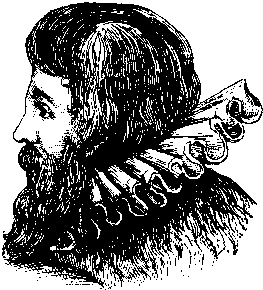Top 31 Quotes & Sayings by Roger Ascham
Explore popular quotes and sayings by an English writer Roger Ascham.
Last updated on April 18, 2025.
Charles V used to say that "the more languages a man knew, he was so many more times a man." Each new form of human speech introduces one into a new world of thought and life. So in some degree is it in traversing other continents and mingling with other races. As a hawk flieth not high with one wing, even so a man reacheth not to excellence with one tongue.






















